SoftBank and OpenAI announced a new 50-50 joint venture this week to sell enterprise AI tools in Japan under the brand Crystal Intelligence. The partnership, which marks a significant expansion of OpenAI's presence in the Japanese market, has raised questions about the economic value of AI's biggest deals. According to TechCrunch's Equity podcast, SoftBank's role as a major investor in OpenAI has sparked concerns about whether these deals are creating real economic value or simply moving money in circles.
The joint venture, which was first reported on TechCrunch, is seen as a strategic move by OpenAI to tap into the growing demand for AI solutions in Japan. However, the deal has also highlighted the complex web of relationships between major investors and AI startups. As TechCrunch's Kirsten Korosec noted on the Equity podcast, "When you have a major investor like SoftBank that's also a partner in this joint venture, it's hard to separate the economic value of the deal from the fact that SoftBank is already invested in OpenAI."
SoftBank's investment in OpenAI has been a subject of scrutiny in recent months, with some critics arguing that the deal is more about moving money around than creating real economic value. According to TechCrunch's AI editor Russell Brandom, "The problem is that these deals are often structured in a way that benefits the investors more than the actual companies. It's like a game of musical chairs, where the money is just being shuffled around from one investor to another."
The implications of this deal go beyond the specifics of the partnership itself. As AI continues to transform industries and create new opportunities, the question of how to measure its economic value becomes increasingly important. According to a report by the McKinsey Global Institute, the global AI market is expected to reach $15.7 trillion by 2030, with AI-driven productivity gains accounting for a significant portion of that growth.
However, the report also notes that the benefits of AI are not evenly distributed, with some companies and individuals capturing a disproportionate share of the value created. As the deal between SoftBank and OpenAI highlights, the relationships between investors and AI startups can be complex and opaque, making it difficult to determine who is ultimately benefiting from these deals.
The current status of the joint venture is unclear, with both SoftBank and OpenAI remaining tight-lipped about the details of the partnership. However, the deal is expected to have significant implications for the Japanese market, where AI adoption is expected to accelerate in the coming years. As the tech industry continues to evolve, the question of how to measure the economic value of AI will only become more pressing.
In a statement, OpenAI's CEO Sam Altman said, "We're excited to partner with SoftBank to bring our AI solutions to the Japanese market. This partnership will enable us to tap into the growing demand for AI in Japan and create new opportunities for our customers." SoftBank's CEO Masayoshi Son also released a statement, saying, "We believe that AI has the potential to transform industries and create new opportunities for growth. We're committed to working with OpenAI to bring these solutions to the Japanese market."
The deal between SoftBank and OpenAI is just the latest development in a complex and rapidly evolving landscape. As the tech industry continues to transform, the question of how to measure the economic value of AI will only become more pressing.
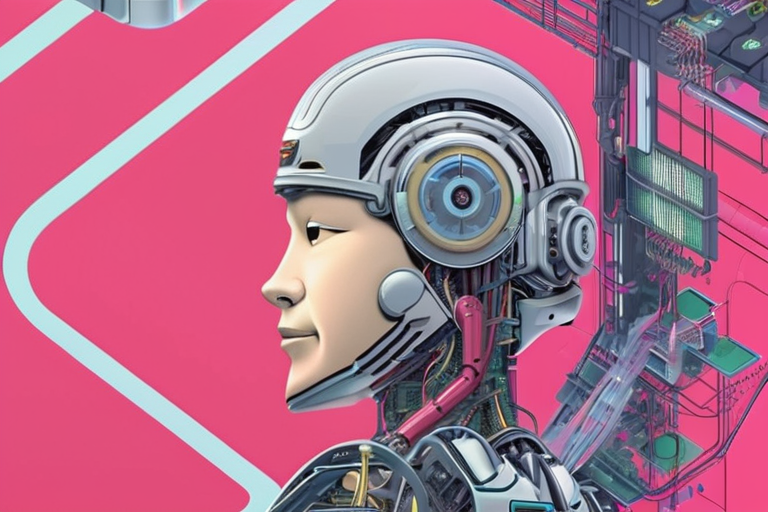


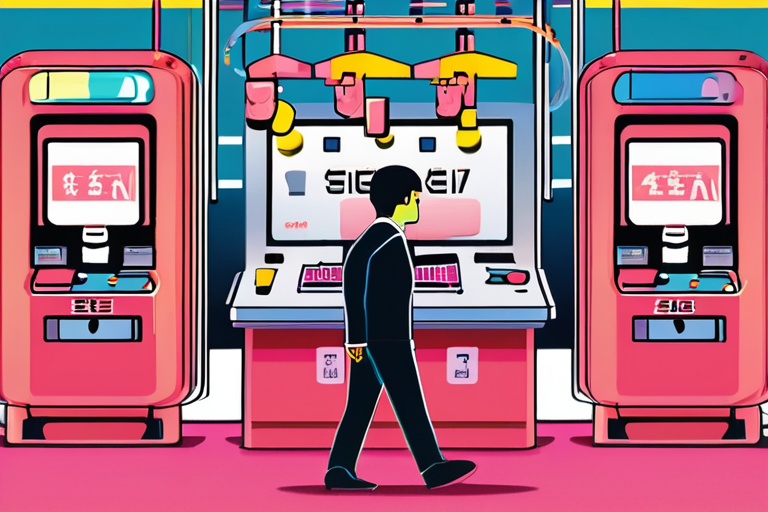






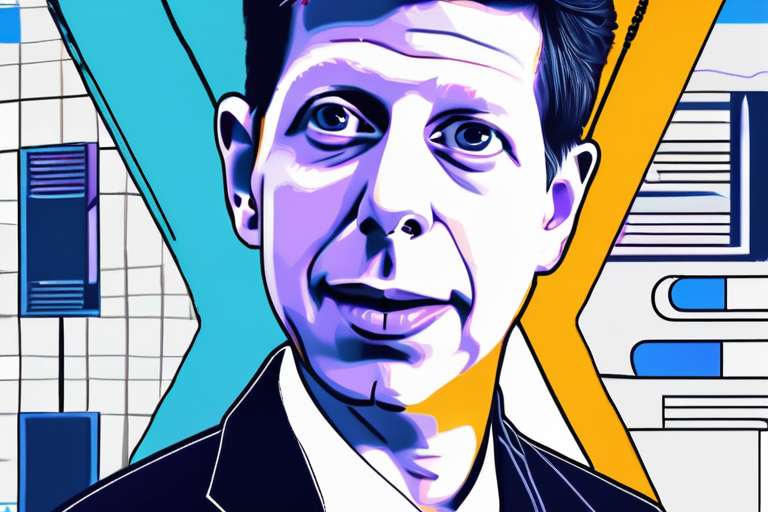
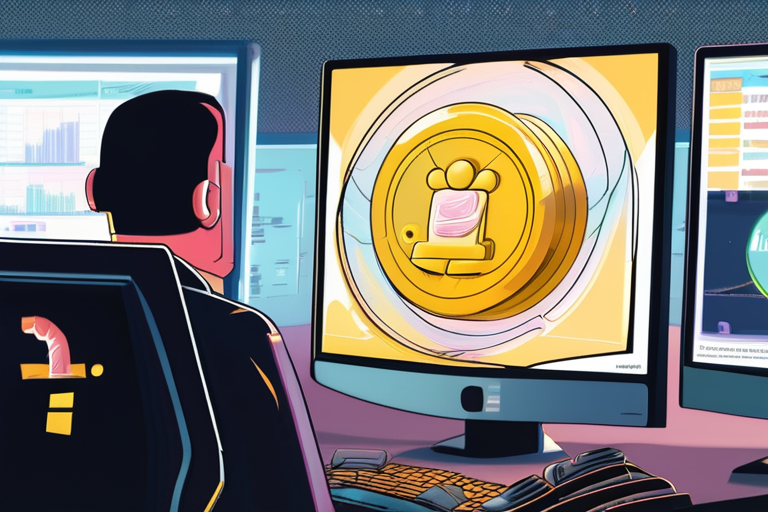
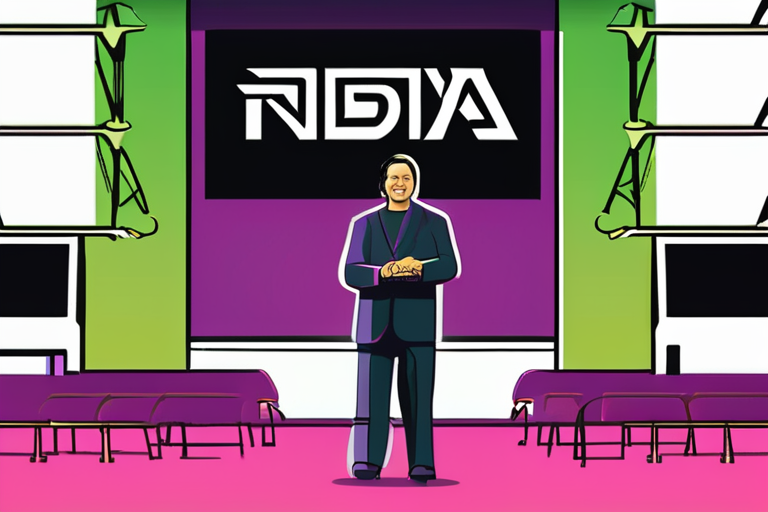
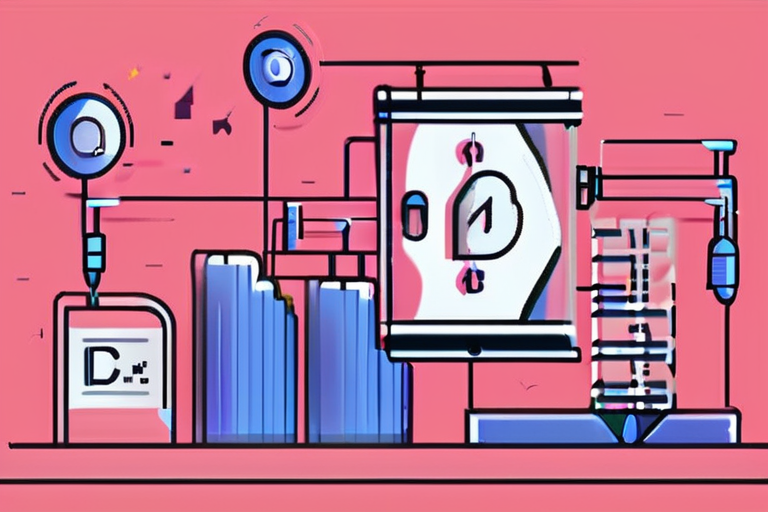

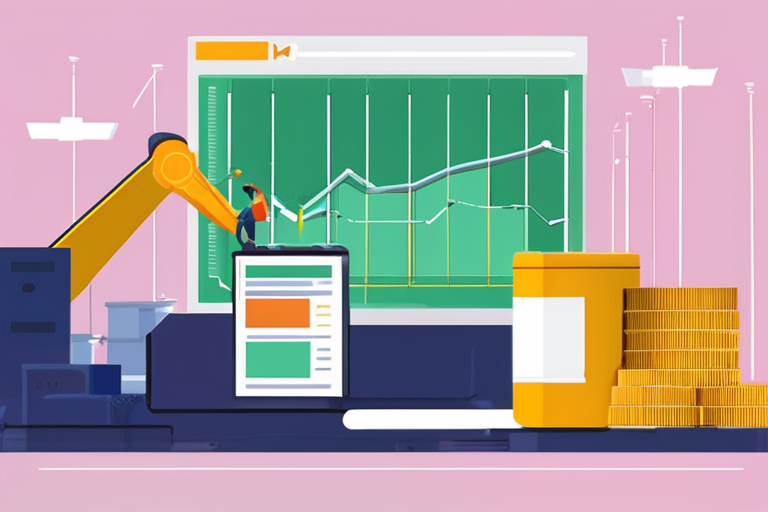
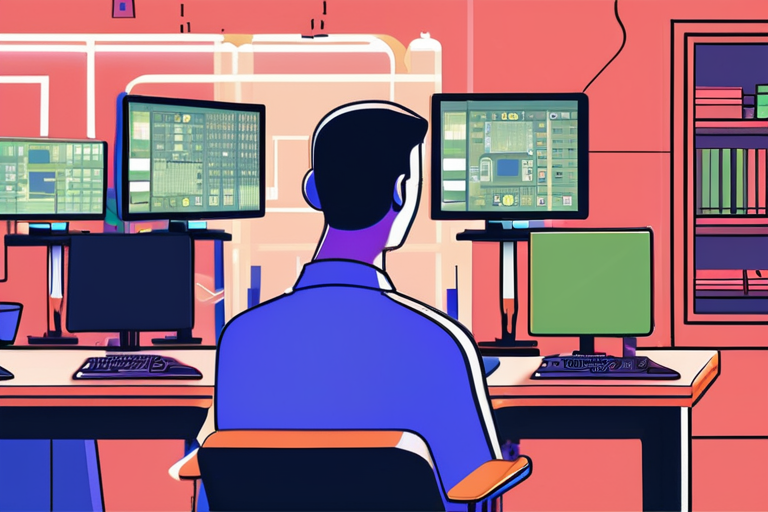
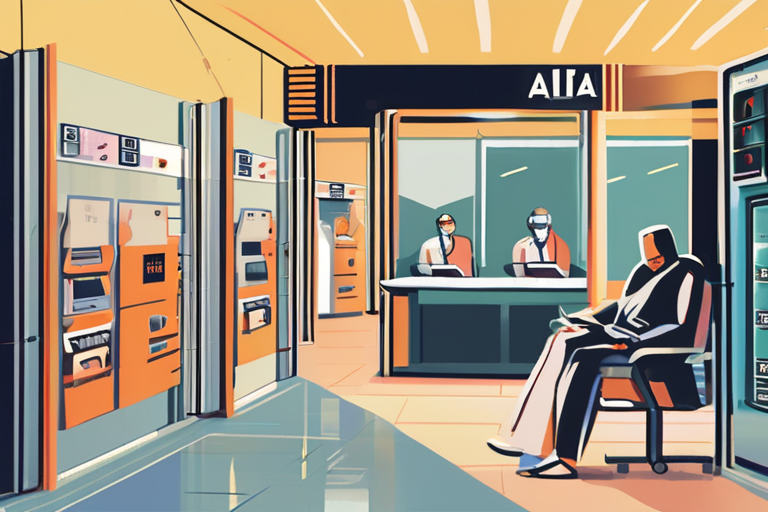
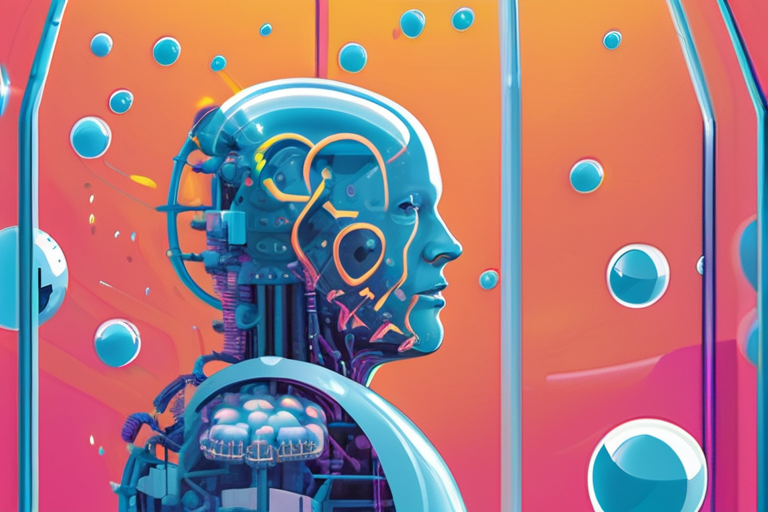
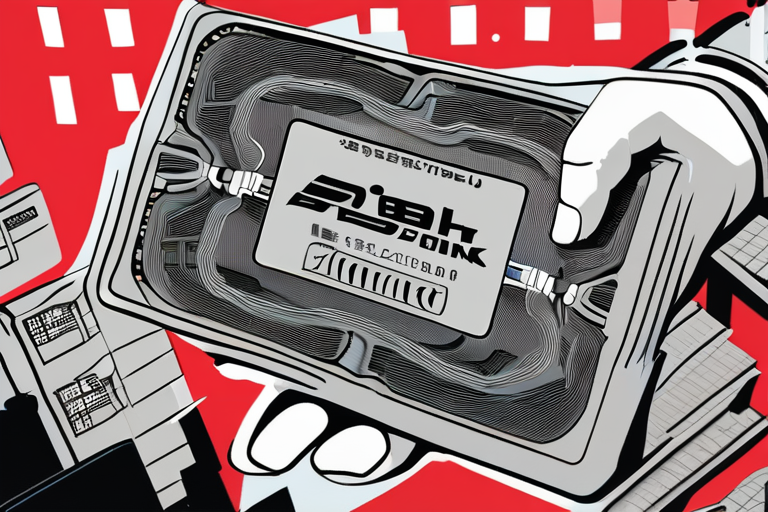





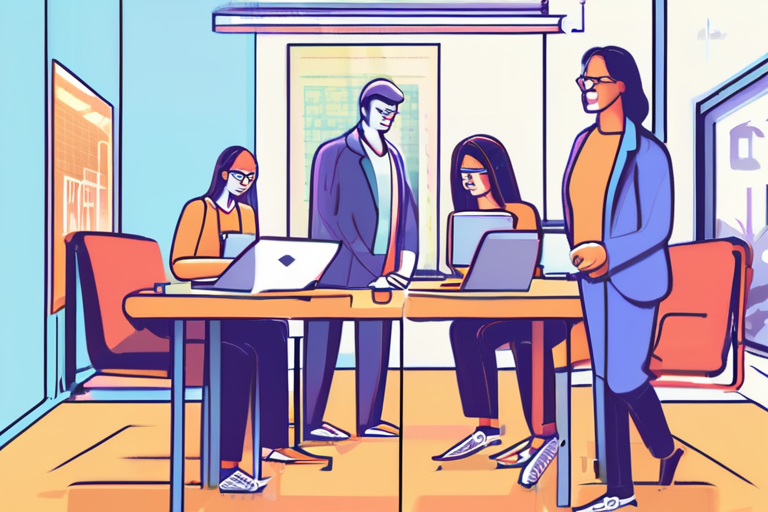
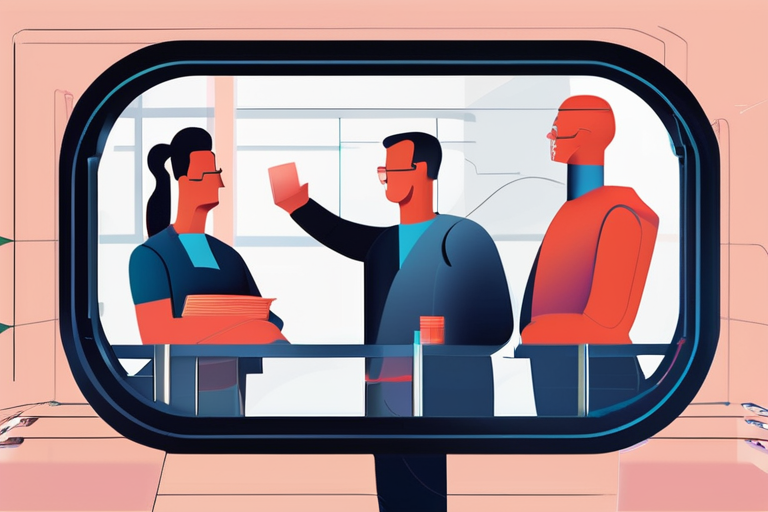
Share & Engage Share
Share this article